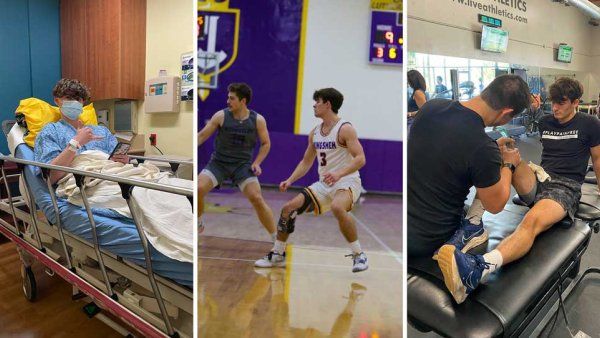Treasure Chest
The UCSF Rare Book Collection is a trove of health sciences history in the Kalmanovitz Library. Here are a few gems to pique your curiosity and perhaps prompt a visit.
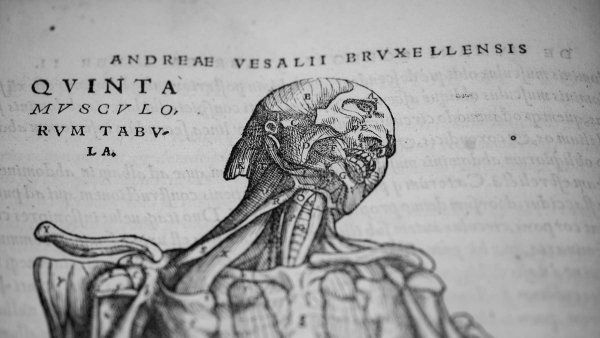
University of California San Francisco
The UCSF Rare Book Collection is a trove of health sciences history in the Kalmanovitz Library. Here are a few gems to pique your curiosity and perhaps prompt a visit.

Deep rest is best achieved in prolonged practices that relax the body and quiet the mind. But you can also combat stress within seconds by activating your parasympathetic nervous system. Here are a few approaches to making this biological shift quickly.
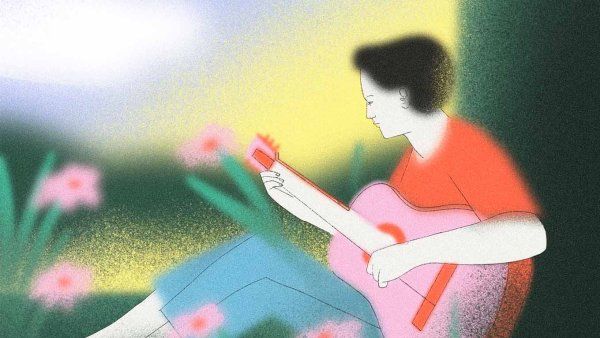
Perpetual stress runs us down. But a truly restorative state that alters our bodies at the cellular level can counter this deterioration.
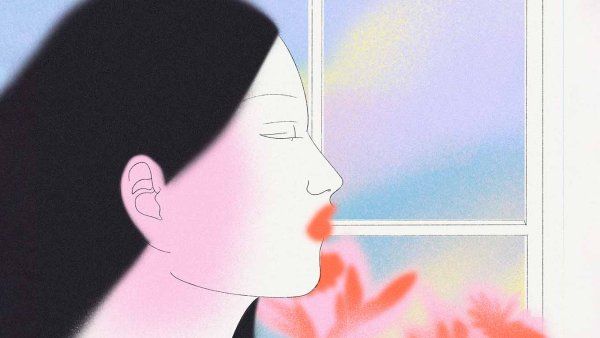
Our genome may one day serve as a passport guiding our health care – from cradle to grave.
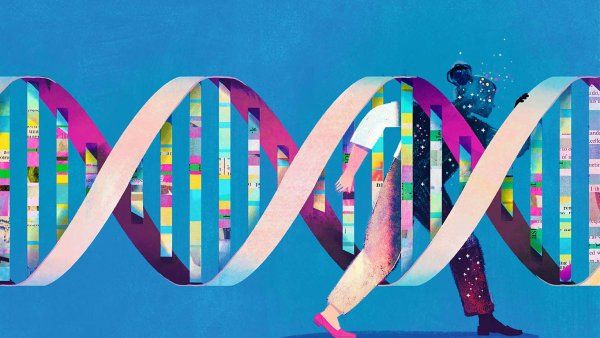
The real answer isn’t “yes” or “no.” Here are six things you need to know.
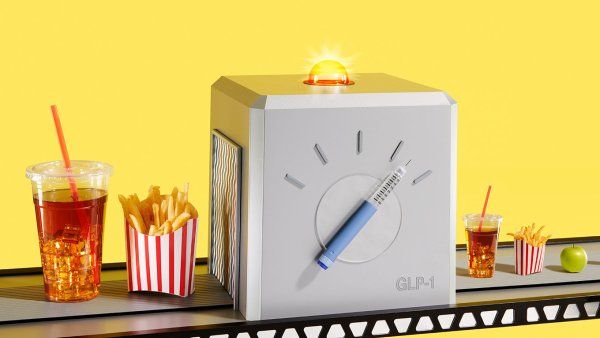
A new diagnostic clinic for mysterious nervous-system disorders is giving patients answers they can’t find anywhere else.
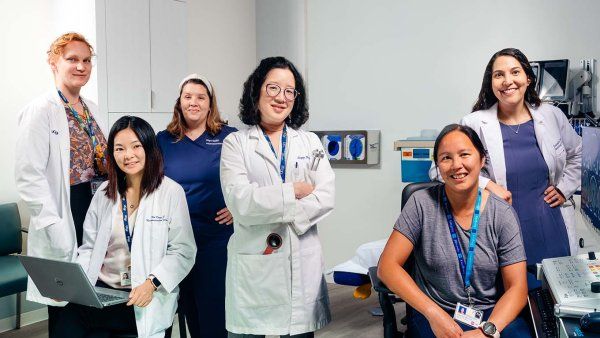
A generation ago, a diagnosis of multiple sclerosis was a guarantee of a debilitating disease that would leave the patient wheelchair bound, and worse. Follow UCSF’s role in what some call the golden age of MS research and care.
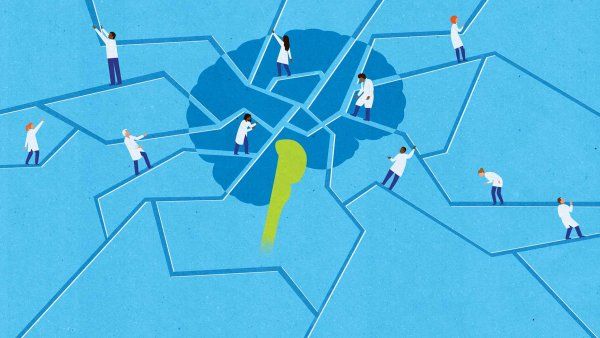
Katie’s Clinic for Rett Syndrome at UCSF Benioff Children’s Hospital Oakland is one of the few U.S. treatment centers and one of only 18 international centers of excellence for the rare disorder. It is one of the first centers to offer the first treatment for the rare genetic disease, helping improve the lives of girls like Emiliana.
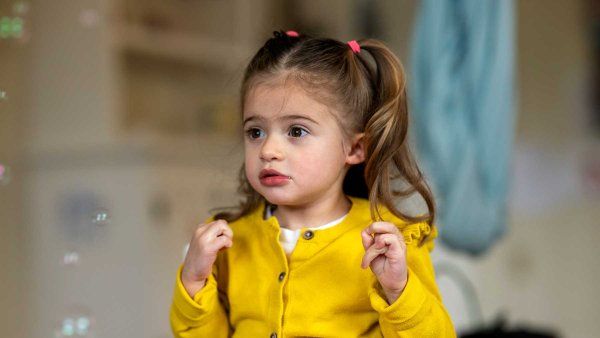
UCSF Health and UCSF Benioff Children’s Hospitals signed an agreement to prioritize local union workers for the construction of a proposed landmark hospital building and related site improvements on its Oakland site.
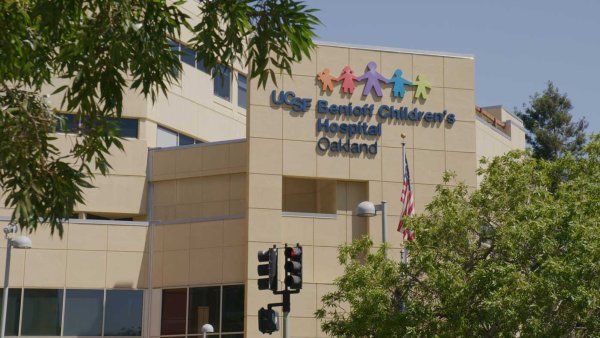
Adverse symptoms from the COVID-19 vaccine such as chills and headaches are linked to a robust antibody response, indicating increased efficacy compared with recipients who did not experience side effects.
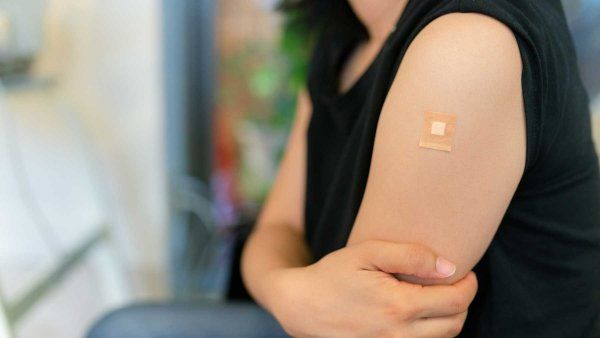
With no social media and cable news still in its infancy, major TV networks and daily newspapers were the only game in town.

Diabetes distress, the fears, worries and burdens associated with living with and managing diabetes, affects up to 75% of adults with Type 1 diabetes. The most effective way to reduce diabetes and improve glucose control is to focus on managing the emotional strain of living with the condition.
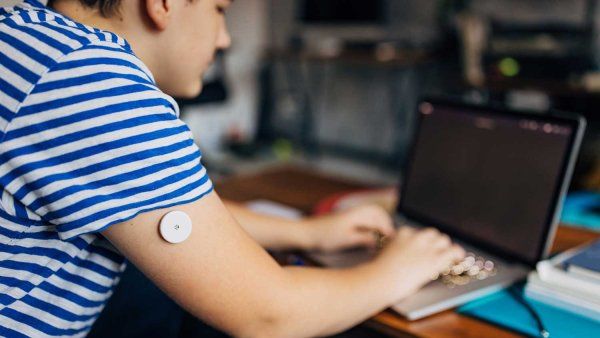
Recent research on screen use in children and teenagers examined the effects of screen time on sleep, nutrition, body mass index (BMI) and step count.

UCSF boosts compliance with mandatory trainings to meet UCOP and Regents’ priorities.
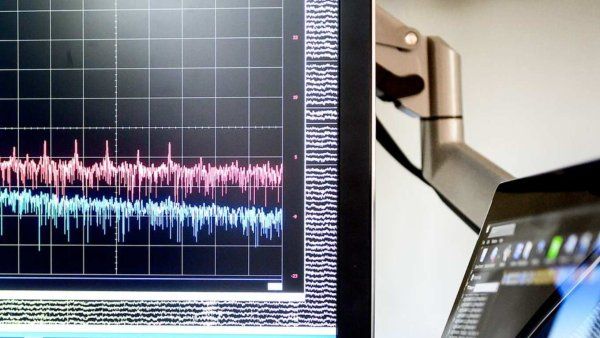
Multiciliated cells, cells with hundreds of hair-like structures that move called cilia, keep things like mucus in the lungs and cerebrospinal fluid in the brain flowing in the right direction.
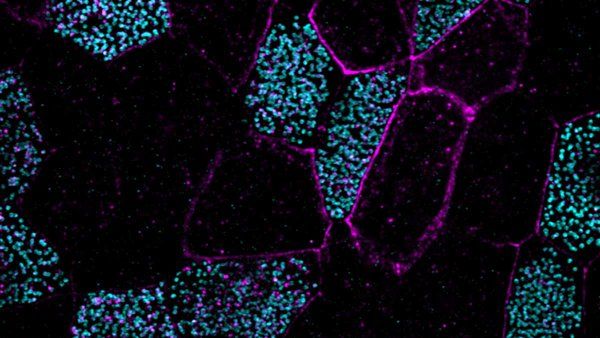
A high sodium diet may increase the risk of eczema. Eating just one extra gram of sodium per day – the amount in a Big Mac – increases the likelihood of flares by 22%.
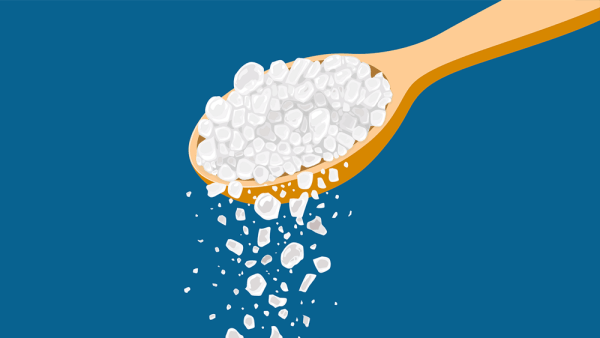
For tweens, restricting screens in bedrooms and at mealtimes and modeling healthy practices at home are parenting practices that work best to curb screen time and addictive screen behavior:
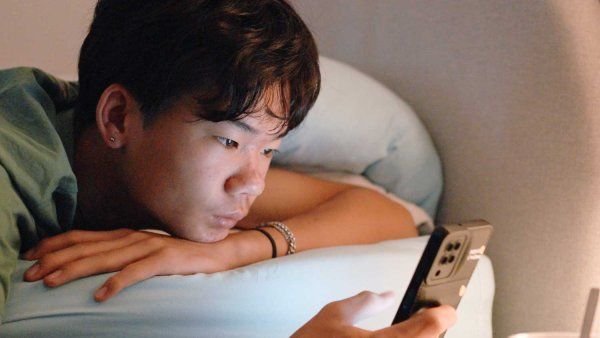
Teens who come from close-knit neighborhoods and families are less likely to have sex at a young age, while teens’ schools have less influence on their sexual behavior.

Students from the UCSF schools of medicine, dentistry, and pharmacy traveled to Sacramento to advocate for expansion of UC PRIME Program, which aims to recruit and support students who are interested in working in underserved geographic areas to improve health care. Many participants come from diverse backgrounds similar to the places they often end up serving.
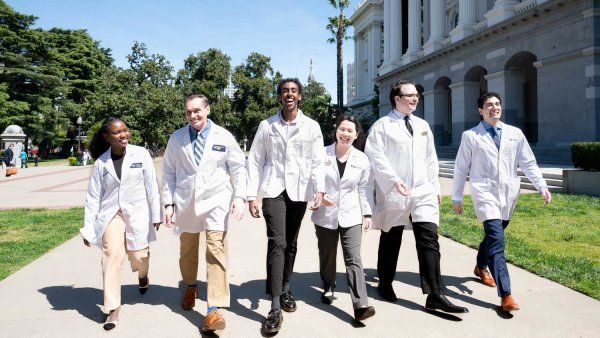
Traumatic brain injuries for people over age 65 can raise their risk for dementia, Parkinson's, cardiovascular and psych disease. Contrary to earlier research, the study found that healthy, wealthy white women are at higher risk.
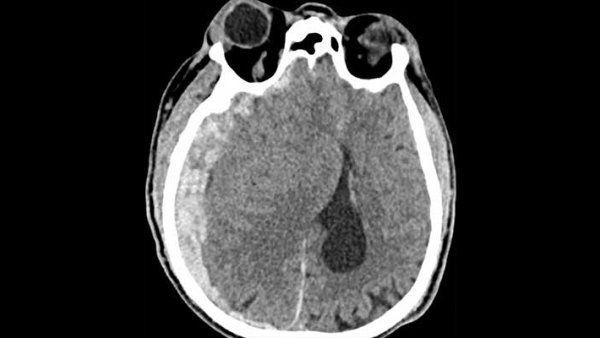
A clinical trial supported by the NIH has found that intravenous acetaminophen reduced sepsis patients’ risk of having organ injury or developing acute respiratory distress syndrome (ARDS), a serious condition that allows fluid to leak into the lungs.

The Alumni Association of UCSF (AAUCSF named thirteen UCSF Alumni Achievement Awards winners for 2024. These awards honor alumni across UCSF’s four schools – Dentistry, Medicine, Nursing, and Pharmacy – and the Graduate Division for their extraordinary contributions to clinical practice, research, entrepreneurship, philanthropy, service, and mentorship, and early-career success.
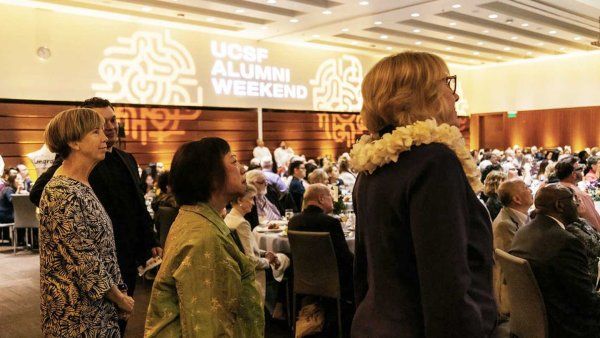
Liver samples that spent two months in the International Space Station will be studied to observe how microgravity ages liver cells and impacts their ability to regenerate. Understanding how aging damages the liver – and ways to potentially reverse that damage – could pave the way for better prevention and treatment of liver disease.
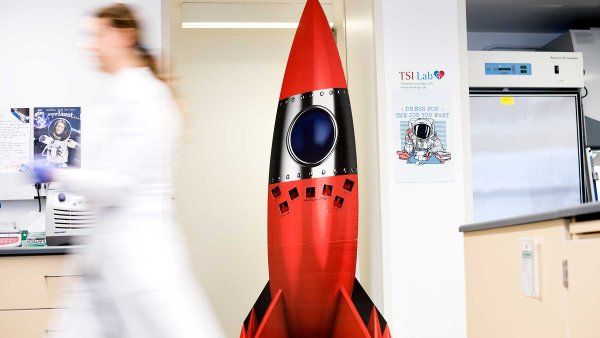
Gastrointestinal cancer surgeons at the UCSF performed the health system’s 15,000th robotically assisted minimally invasive surgery, making it the first University of California health center to reach this milestone.

Student athlete Joey suffered two severe ACL tears. He received surgery in 2023 by Nirav Pandya, MD, at UCSF Benioff Children’s Hospital Oakland and is back competing on the basketball court and track and field.
